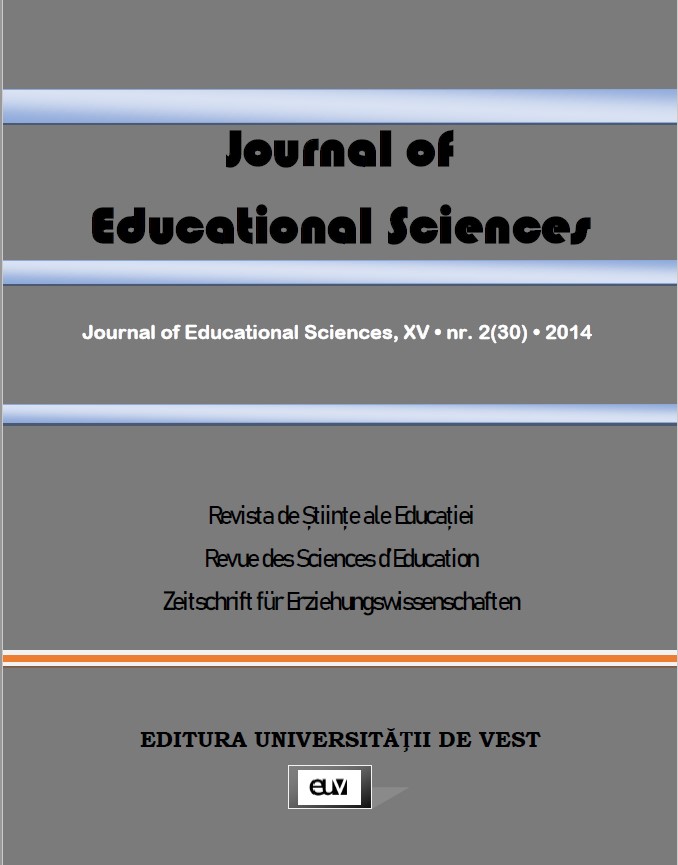The Fight against Illiteracy and the Adult Literacy Assessment in France in 2014
The Fight against Illiteracy and the Adult Literacy Assessment in France in 2014
Author(s): Jean-Pierre JeantheauSubject(s): Social Sciences, Education, Adult Education
Published by: Editura Universității de Vest
Keywords: adult literacy survey; Illiteracy; literacy assessment; adult literacy; young adult assessment; France;
Summary/Abstract: For over thirty years France has been addressing the needs of young people and adults with limited basicskills competence and having the opportunity to start their initial schooling in France. The ‘fight against”illettrisme”(the term “illettrisme” became part of French public debate during the early 1980s and has since been aconcept used solely in this country) is a national priority since 1998, and had been declared by the Prime Minister asthe "great national cause" for the year 2013. The scale of the phenomenon has often been central in the publicdebate. A number of major national studies have sought to more fully understand its complexity and extent. In Franceas in the other countries, direct assessments of adult basic skills competence have progressively been foundnecessary for national evaluation. Since the 1990s direct surveys have attempted to provide more precise andreliable data than the available previous self-reporting ones have offered. This paper provides a presentation of thetwo major French adult literacy surveys: the IVQ survey (Information and Everyday Life Survey) carried out by theINSEE (National Institute for Statistics and Economic Studies) and the ANLCI (National Agency for fighting“illettrisme” since 2002, and the JCD survey (Military Registration Day) carried out by the ministries of Defence andEducation since 1998. In addition it will show how INSEE and ANLCI took up the challenge of developingcomparability between existing national indicators through specific statistical studies and to promote the IVQ(Information and Everyday Life Study) model for new tests. In the future, the ANLCI considers that it will be moreefficient to build tests, which could be comparable with IVQ, even if adapted to a particular context.
Journal: Revista de Științe ale Educației
- Issue Year: 30/2014
- Issue No: 2
- Page Range: 55-68
- Page Count: 14
- Language: English

